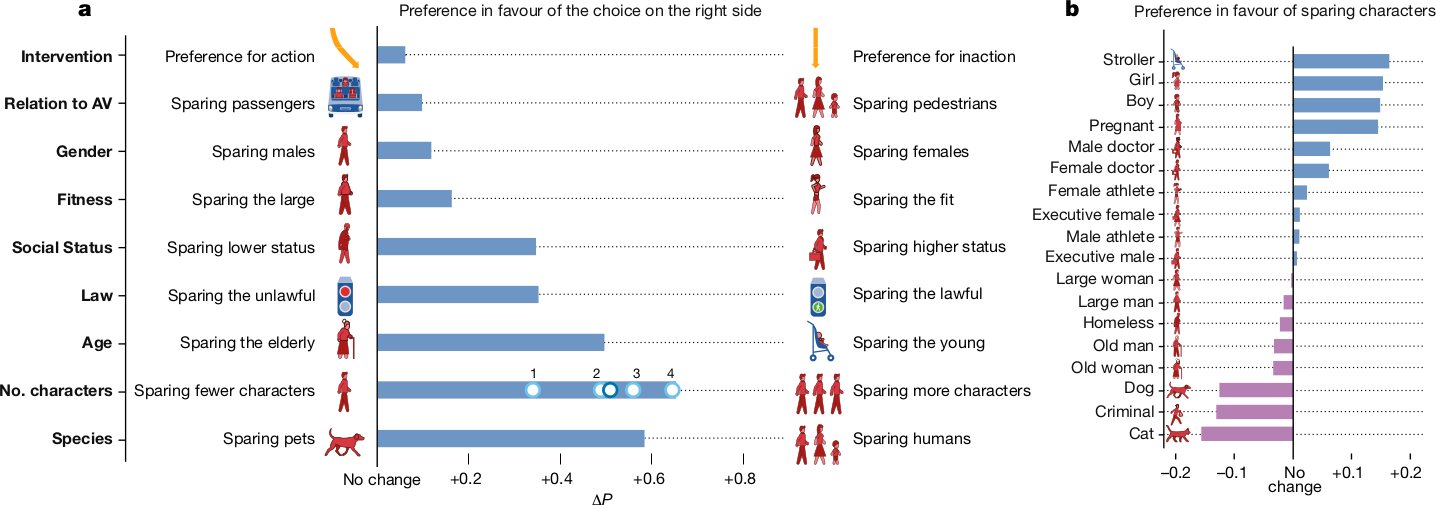I have some regrets about my last post on Rationality Rules. I banged it out in just a few hours, while I was in the early stages of a nasty cold, and as I result I didn’t lay out all my arguments as clearly as I’d liked. I should have more clearly stated that his behavior was more in line with how a transphobe would react to the situation than someone who wasn’t transphobic. Now that I’ve had the benefit of time and RR’s long-teased follow-up video, I’ve had more time to reflect. As a result, I’ve refined my view of RR.
This new stance might not seem that charitable. After all, we’re talking about a video where RR says:
[1:58] I painted a picture of trans women essentially “stealing” competitions from non-trans women, and you’re absolutely right. I really dropped the ball here, and I will do my utmost best not to make this mistake again. In fact, going forward I’ll be very conscious of my narrative and language altogether, as such a sensitive topic requires nothing less. Truly, I should’ve known better. [2:20]
[9:23] … I absolutely recognise that my honest mistakes caused real harm, and for that I am sincerely sorry. The original video is now delisted and I’ve donated all of the ad revenue that it made to the transgender charity Sparkle. I know that it’ll never make up for the harm that I’ve caused, and that many of you will never consider me an ally again, I understand. [9:47]
He explicitly says a trans woman is a woman, too, at around the 1:40 mark. So why the harsh interpretation? [Read more…]


